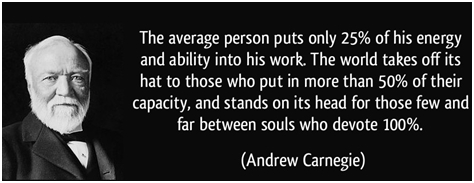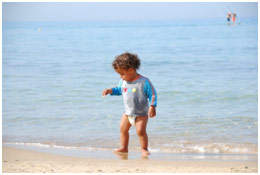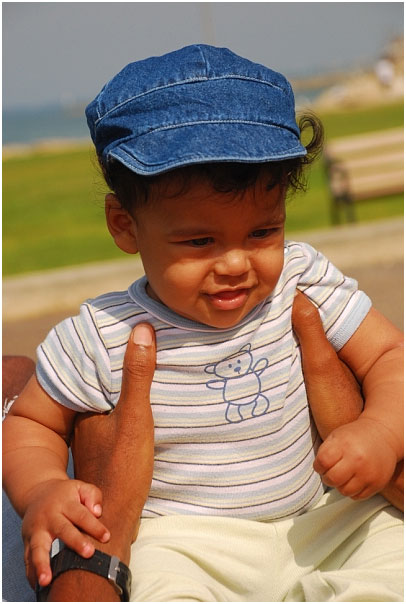
This saying is as true for grownups as it is true for kids. We are what we think. If you want to know who your kids are, ask them what they think of themselves. Whether they think they are smart or not, happy or not, friendly or not, they are always right.
If you want to build their character, you need to instill character-building thoughts in their minds. Their thoughts become words, their words become thoughts, and their thoughts become actions. These actions become habits that become their character. Their character determines their destiny.
As I said in the previous chapter, a belief is like a seed, if you repeat the belief over and over again, it is like watering the seed. When the child hears the belief expressed enough times, the seed develops strong roots and becomes a conviction, like, “I am a very responsible kid”. The child stops thinking of it as a behavior and it becomes a character trait, a personal quality that they possess, “I am a very responsible kid”.
Here are examples of thoughts that will help build your kids’ character. If he/she adopts these thoughts/beliefs, they will turn into character of time. It is important to talk to kids about their character, what it means to them and what it means to you. Give them examples of times when they have shown a particular trait in a nice way and how it helped them in life. If you cannot find examples from their life, give examples from your own life, when you showed this trait and how it helped you in life. This will make it is easier for them to adopt the trait.
Read Healthy and Powerful Character Traits for Children (A to G) »















